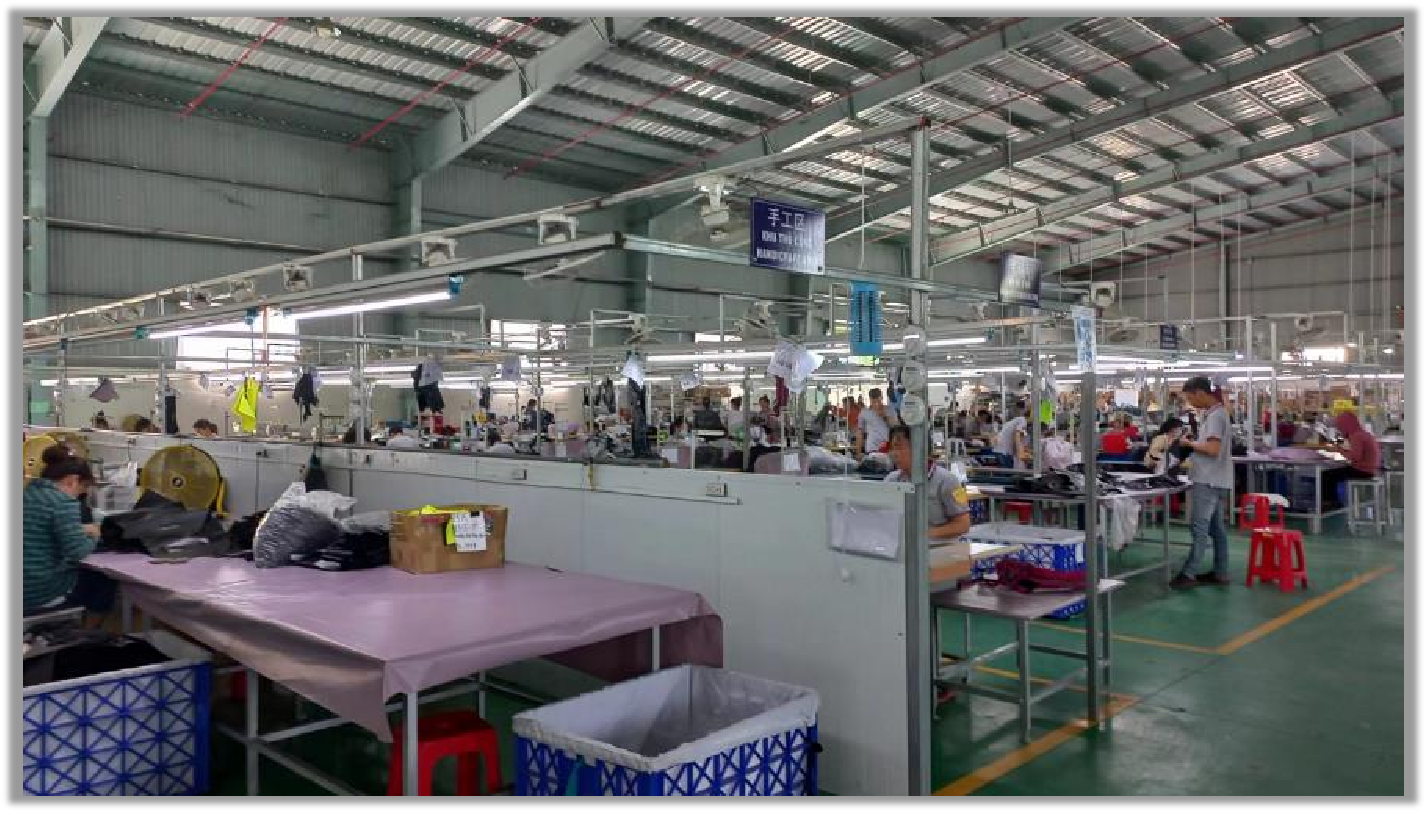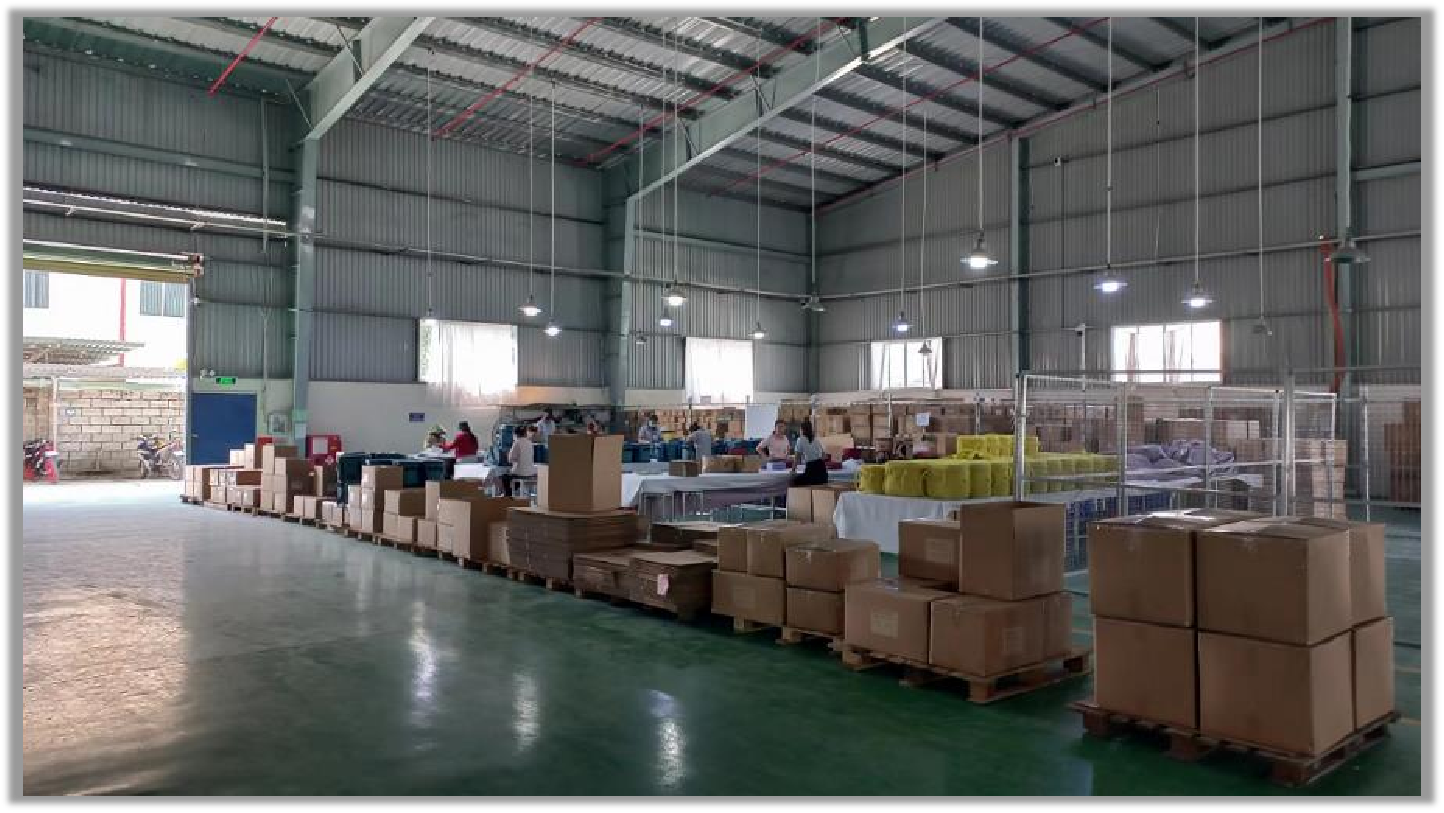
What is the position and competitive advantage of Vietnam's leather bag manufacture
2023-03-03 17:15Vietnam has emerged as a major player in the global leather goods industry in recent years. The country has made significant strides in leather bag manufacturing, and many of the world's leading brands now rely on Vietnam for the production of their leather bags. In this blog post, we will examine the position and competitive advantage of Vietnam's leather bag manufacture.
Position
Vietnam is currently the fourth-largest exporter of leather bags in the world, behind China, Italy, and India. The country's leather bag exports have grown at an impressive rate over the past decade, and the trend is expected to continue in the coming years. In 2020, Vietnam's leather bag exports amounted to around $3.8 billion, an increase of 1.9% compared to the previous year.
Vietnam's leather bag manufacturing industry is concentrated in the southern province of Binh Duong, which is home to many large-scale leather goods manufacturers. The province has developed a reputation for producing high-quality leather bags at a competitive price point, which has attracted many foreign buyers.

Competitive Advantage
Vietnam's leather bag manufacturing industry has several competitive advantages that have contributed to its success. Some of the key advantages include:
Low Labor Costs: Vietnam has a large pool of skilled and semi-skilled workers who are willing to work for lower wages than their counterparts in other countries. This has made Vietnam an attractive destination for labor-intensive industries like leather bag manufacturing.
Favorable Government Policies: The Vietnamese government has implemented several policies to support the growth of the leather goods industry. For example, the government provides tax incentives to leather bag manufacturers who use locally-sourced materials and employ Vietnamese workers.
Proximity to Raw Materials: Vietnam is located close to some of the world's largest leather producers, such as China and India. This has enabled Vietnamese leather bag manufacturers to source high-quality leather at a lower cost.
Skilled Workforce: Vietnam has a strong tradition of craftsmanship, and many of its workers possess the skills needed to produce high-quality leather goods. Additionally, the country's vocational training programs are geared towards providing workers with the specific skills needed for the leather goods industry.
Strong Infrastructure: Vietnam has made significant investments in its infrastructure over the past decade, including improvements in transportation and logistics. This has helped to reduce the cost of exporting goods and has made Vietnam a more attractive destination for foreign buyers.

Conclusion
Vietnam's leather bag manufacturing industry has established itself as a major player in the global market. The country's low labor costs, favorable government policies, proximity to raw materials, skilled workforce, and strong infrastructure have all contributed to its success. As the demand for high-quality leather bags continues to grow, Vietnam is well-positioned to capture a larger share of the market in the coming years.
